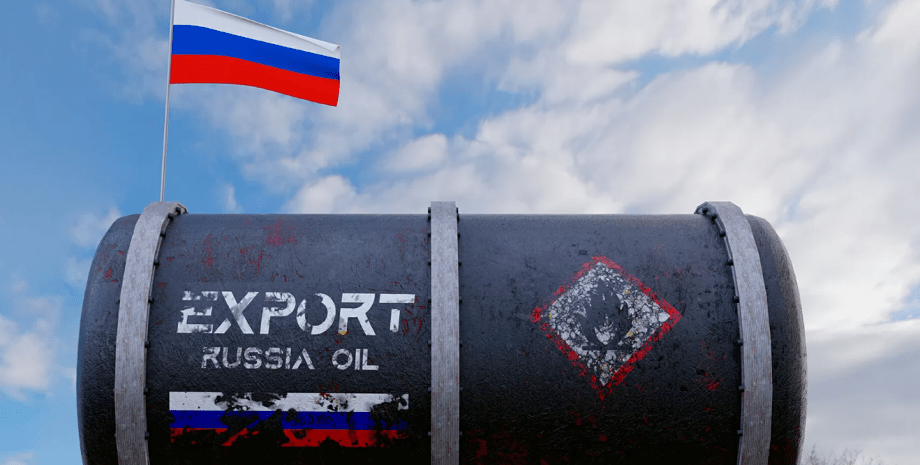
The publication states that this month the EU restriction on the import of petroleum products from Russia came into force. Last December, sanctions on Russian crude oil were also coming into force. Meanwhile, in January 2023, the import of Morocco of Russian diesel fuel increased from 600,000 to 2 million barrels. Tunisia, which almost did not buy petroleum products several years ago, received 2. 8 million barrels of Russian oil products.
These are diesel, gas, gasoline and oil, which are commonly used for the production of chemicals and plastics. It is noted that the increase in imports to Tunisia and Morocco is accompanied by an increase in their own exports of petroleum products. Thus, Russian petroleum products can be mixed with other goods and re -export, which complicates the desire of the West for the abandonment of Russian fuel.
"Even if you wanted to adjust it, how would you do? If the load is 51% from Morocco and 49% from Russia, how would you appreciate it?" - quoted journalists of the head of the department of oil research of the Oxford Institute of Energy Research of Andreas Economy. Shipment occurred until February 5, when there were no laws against re -export of Russian petroleum products.
Analysts fear that if this trend persists, it can damage the purpose of the event to deprive the Russian Federation for revenue for war in Ukraine. KPler's senior oil analyst Viktor Caton noted that the volumes that import North African countries are too large so that they can be fully used on their own. In his opinion, some Russian oil will get to Europe.
"Believe me, we do not see any Renaissance in the recycling of Magribi," Kato said about the purchase of petroleum products in the North African region. It should be reminded that on January 21, it became known about the detention of a vessel in the Albanian city of Durresi, which could carry smuggling 22. 5 thousand tons of oil from Russia.










All rights reserved IN-Ukraine.info - 2022